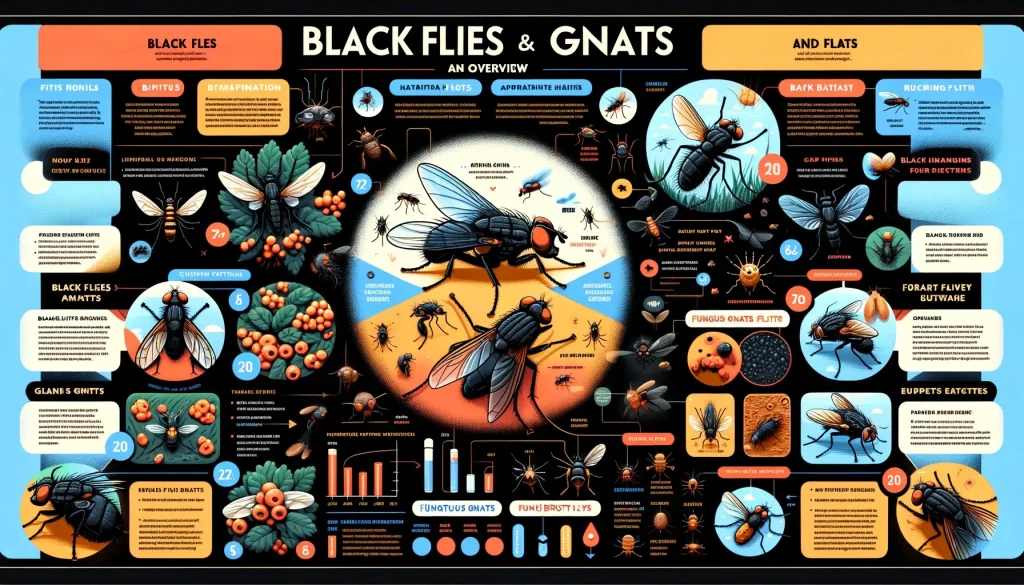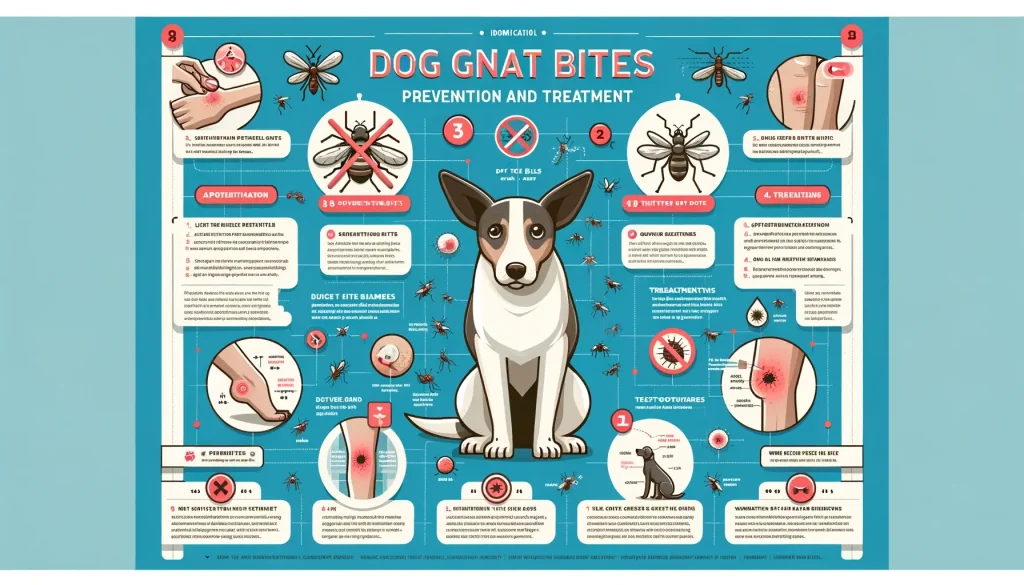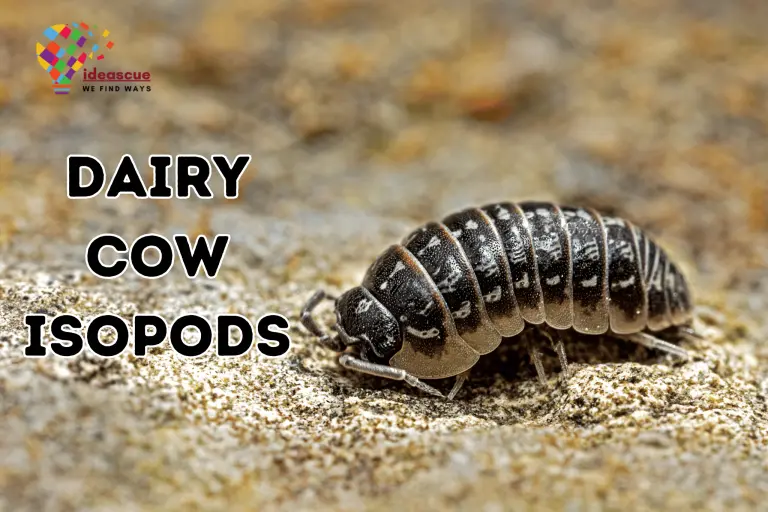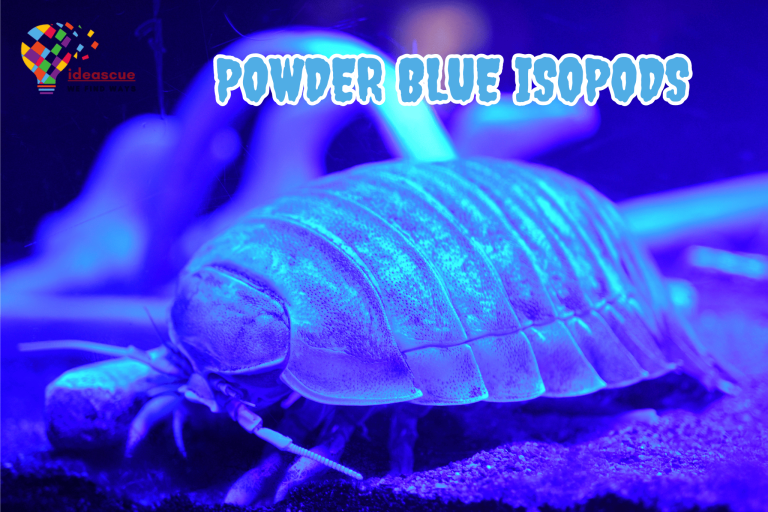Dog Gnat Bites: What is a Black Fly or Gnat?
Introduction:
Gnats, often mistaken as black flies, are tiny but persistent pests that become particularly bothersome in spring. As a pet owner, it’s crucial to acknowledge how these insects affect your furry friends.
In this guide, we will delve into various kinds of dog gnat bites, effective prevention methods, and natural remedies. We aim to help you keep your dog comfortable and safe from these pesky insects.
What is a Black Fly or Gnat?
Black flies and gnats are small flying insects, often found near water bodies and in humid environments. While black flies are more aggressive biters, gnats, including grass gnats, can also cause discomfort to dogs. These insects are not only bothersome but can also trigger allergic responses. and other health issues in pets.

Spring Brings Gnat Bites for Pets
Springtime warmth and humidity create an optimal environment for gnats. During this time, pets are more prone to experiencing gnat bites, especially when they spend time outdoors. These bites can cause irritation, redness, and swelling, making spring a critical time for pet owners to be vigilant.
Dog Gnat Bites:
Gnat bites in dogs appear as small, red, and swollen spots, often accompanied by itching. Dogs may excessively scratch or bite the affected area, leading to secondary infections. It’s essential to monitor your dog for signs of discomfort or unusual behavior that may indicate a gnat bite.

Grass Gnat Bites
Grass gnats, commonly found in lawns and gardens, can be particularly troublesome for dogs. These bites often occur on the dog’s belly, legs, and ears – areas with less fur. The irritation from these bites can be intense, causing your dog to lick or scratch excessively.
How to Keep Gnats Away from Your Dog
Preventing gnat bites involves reducing your dog’s exposure to infested areas, especially during peak activity times like dawn and dusk. Using veterinarian-approved insect repellents and maintaining a clean, dry environment can significantly reduce the risk of gnat bites.
Natural Remedies to Try:
If your dog or pet does get bitten, natural remedies like aloe vera, diluted apple cider vinegar, or chamomile can soothe the skin and reduce inflammation. However, always consult your vet before applying any new substance to your dog’s skin, as some natural remedies might not suit all dogs. Here are some recommended remedies to try:
Aloe Vera Gel:
This natural gel, derived from the aloe vera plant, is known for its soothing properties. It can be gently applied to the bitten area on your dog’s skin to provide relief from itching and to reduce swelling.
Diluted Apple Cider Vinegar:
Combine equal proportions of apple cider vinegar and water. This solution can be applied to your dog’s skin using a gentle cloth or cotton pad. It’s a natural disinfectant and can help relieve itching and irritation caused by gnat bites.
Chamomile Tea:
Cool chamomile tea bags or a cloth soaked in chamomile tea can be applied to the affected areas. Chamomile has natural soothing properties, making it effective in reducing skin irritation and promoting healing.
FAQs:
Conclusion:
In conclusion, dog gnat bites are a common issue, especially during the warmer months. These bites occur when tiny gnats, often found in grassy and moist areas, bite dogs, causing irritation and discomfort.
Among common bug bites in dogs, gnat bites are notable for their itchiness and potential to cause allergic reactions.
To tackle these, recommended remedies include natural options like aloe vera, diluted apple cider vinegar, and chamomile. Using these methods, along with preventive measures, can significantly alleviate your dog’s discomfort. It’s always best to consult a vet for personalized care to ensure your dog’s health and well-being.






